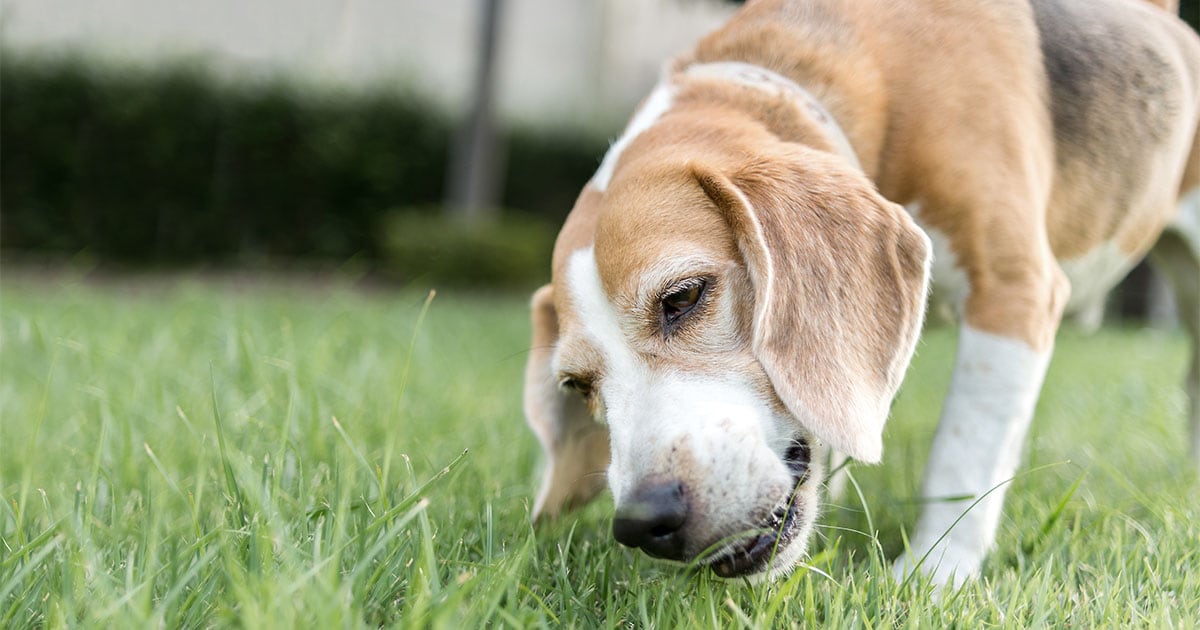
Why Dogs Eat Vomit And Tips
To Break The Habit
Dogs are known for their curious habits, and one behavior that often puzzles pet owners is their tendency to eat vomit. This article will delve into the reasons behind this behavior and provide valuable tips on how to break the habit. Understanding why dogs eat vomit is essential for addressing the issue effectively and ensuring your pet’s well-being.
Why Do Dogs Eat Vomit?
Natural Instincts
One reason why dogs eat vomit is rooted in their instincts. In the wild, scavenging for food is necessary for survival, and dogs may instinctively eat vomit as a way to reclaim nutrients they may have lost.
Behavioral Reasons
Another factor contributing to this behavior is behavioral. Dogs are curious creatures, and they may investigate and consume vomit out of curiosity or boredom. Additionally, if a dog observes another dog eating vomit, they may mimic this behavior, considering it acceptable or even desirable.
Health Issues
In some cases, dogs may eat vomit due to underlying health issues. Digestive problems, dietary indiscretions, or medical conditions such as gastrointestinal disorders could lead to vomiting, and dogs may eat their vomit as a response to discomfort or nausea.

Tips to Break the Habit
Feeding Schedule Adjustments
One effective way to discourage dogs from eating vomit is to establish a consistent feeding schedule. By feeding your dog at regular intervals and providing nutritious meals, you can help maintain their digestive health and reduce the likelihood of vomiting.
Addressing Anxiety
Anxiety or stress can contribute to a dog’s propensity to eat vomit. Identifying and addressing the underlying causes of anxiety, such as separation anxiety or environmental stressors, can help alleviate this behavior. Providing a calm and secure environment for your dog is essential for promoting their overall well-being.
Training and Redirection
Training plays a crucial role in breaking the habit of eating vomit. Through positive reinforcement techniques, such as reward-based training, you can teach your dog alternative behaviors and redirect their attention away from vomit. Consistency and patience are key when implementing training methods.
Understanding why dogs eat vomit is essential for pet owners to address this behavior effectively. By identifying the underlying reasons, implementing training and management strategies, and seeking veterinary guidance when necessary, pet owners can help their dogs break the habit of eating vomit and promote their overall health and well-being.
Your pets’ happiness and your peace of mind are our top priorities.
Frequently Asked Questions
If your dog vomits persistently, vomits blood, exhibits other concerning symptoms such as lethargy or loss of appetite, or if you suspect they’ve ingested something toxic, it’s crucial to seek veterinary assistance promptly. Your veterinarian can determine the underlying cause and recommend appropriate treatment.
Switching to a high-quality, balanced diet tailored to your dog’s nutritional needs can help improve digestive health and reduce the likelihood of vomiting. However, if the behavior persists despite dietary changes, it’s essential to consult with a veterinarian for further evaluation.
Puppies may eat vomit out of curiosity or as part of exploring their environment. While it’s not uncommon behavior, it’s essential to monitor puppies closely and discourage this behavior to prevent potential health issues or the development of bad habits.
While it’s natural for dogs to eat vomit occasionally, frequent or compulsive vomiting behavior may indicate an underlying problem that needs to be addressed. It’s essential to monitor your dog’s health and consult with a veterinarian if you have concerns.
Vomiting typically involves forceful expulsion of partially digested food from the stomach, often accompanied by retching and abdominal contractions. Regurgitation, on the other hand, is a passive process where undigested food or liquid comes up from the esophagus without effort.
Yes, vomiting can be harmful to dogs, especially if it occurs frequently or is accompanied by other symptoms such as diarrhea, lethargy, or loss of appetite. It can indicate underlying health issues that require veterinary attention.